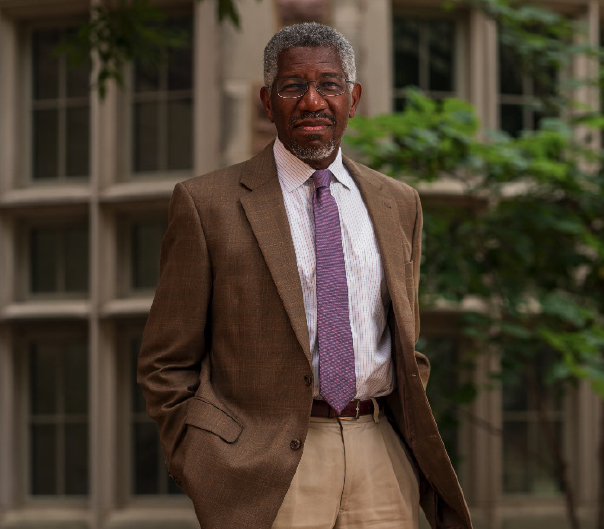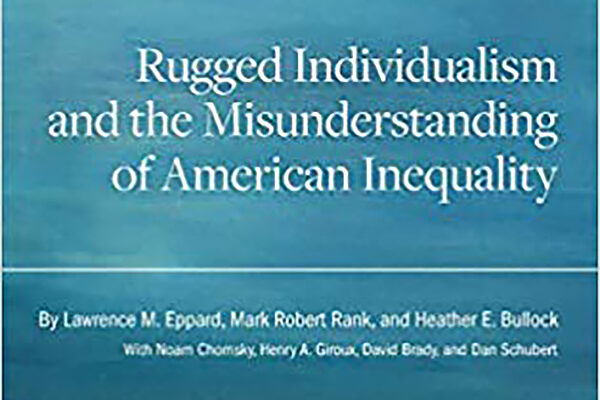The 50th anniversary of the signing of the armistice that ended the Korean War will be commemorated in events around the world on July 27. Though the Korean War may been overshadowed by World War II and the Vietnam War in the minds of many Americans, it had a dramatic effect on social change in the United States, says Gerald Early, Ph.D., the Merle Kling Professor of Modern Letters, professor of English and of African and Afro-American Studies, all in Arts & Sciences.

Early, who is writing a book on the Korean War’s impact on integration and racial relations in the United States, contends that the Korean War was a driving force behind integration efforts during the early years of the civil rights movement. President Harry S. Truman issued an executive order integrating the armed services in 1948, something that had been recommended by his Commission on Civil Rights, but it was the Korean War, argues Early, which helped truly initiate that integration.
“It was a major institution, it was a major sociological force, and by1954 we could look back and say that the integration of the armed services, while not complete and not perfect, went better than most detractors and most critics thought it would,” Early said in a recent news interview.
In his forthcoming book, “When Worlds Collide: The Korean War and the Integration of the United States,” Early argues that the successful integration of the military in Korea encouraged the U.S. Supreme Court’s 1954 school desegregation ruling, Brown vs. Board of Education, and helped change attitudes about race. Had the military failed, integration overall would have suffered, he contends.
“It was a major institution, it was a major sociological force, and by1954 we could look back and say that the integration of the armed services, while not complete and not perfect, went better than most detractors and most critics thought it would,” Early said.
“By the end of the war, the military was the most integrated and racially advanced institution in the United States,” Early said. “If for no other reason, this fact alone makes the Korean War one of the most important conflicts this country ever engaged in.”

